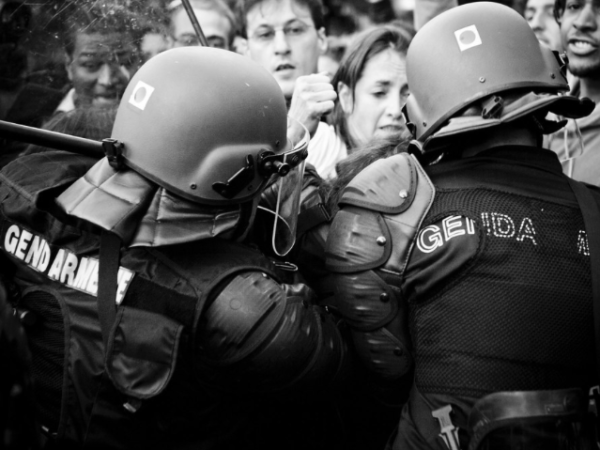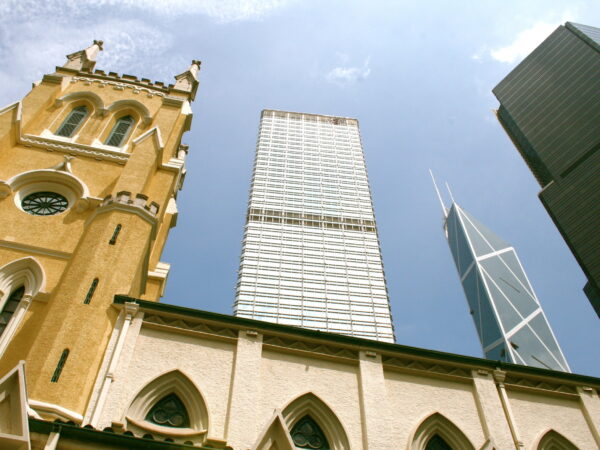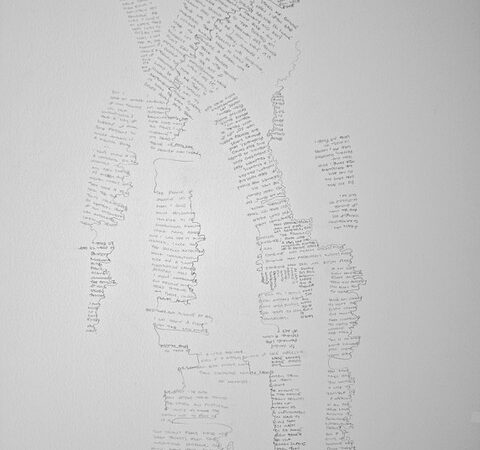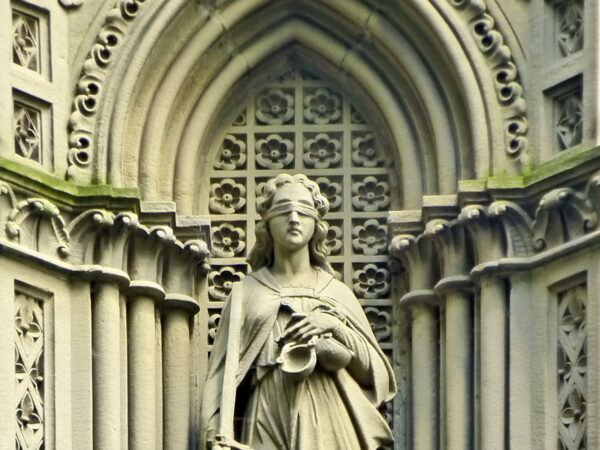
Church-state relations have been examined as a catalyst of legal conflicts, particularly in the United States today. Yet what do we mean when we talk about the “church” in legal contexts?
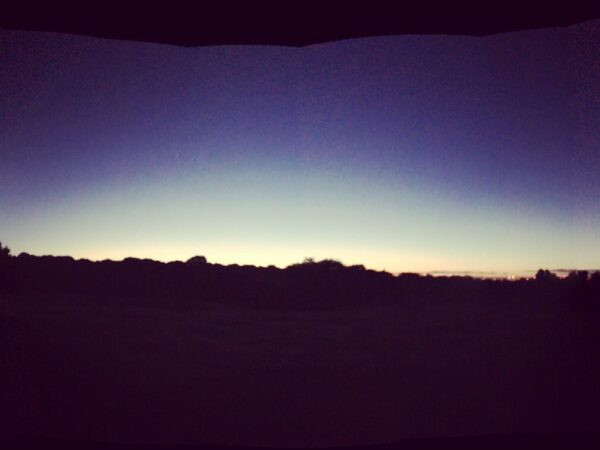
“[For] quantum gnostics, there has never been a creation of the world or in the world—it is the world that is ‘wicked’ or ‘evil’, and consequently also the God who claimed to have created it and yet hesitates to assume it.”
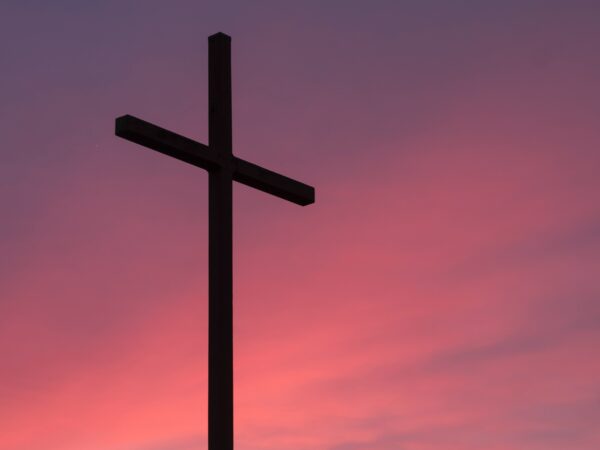
It is only in the memories of Jesus the fully human that we can find what I argue is the greatest power of the Passion for human lives held captive by the oppressive forces of Empire: the strength to face our crippling fear, stare the full oppressive might of the state in the face, and refuse to cede our full humanity – our joy, love, compassion, and hope – in service to the state’s liturgies of violence and fear.
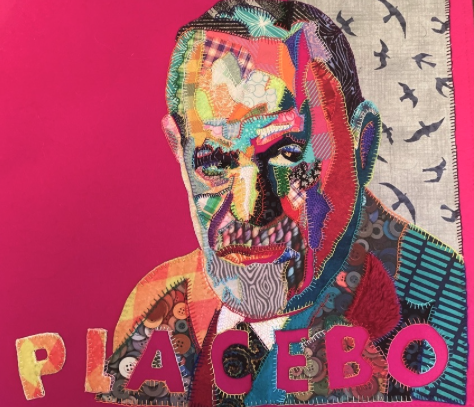
Isabelle Stengers, continental philosopher of science, offers pragmatic resources for animating thinking with interest and passion, affirming heresy over conformity and undercutting the all-too-common binaries of religion/science and science/fiction.

Unlike the other covenants of the Hebrew Bible, Jeremiah’s new covenant does not focus on intermediaries, or written tablets, or monarchy, or temple, but on the divine self.
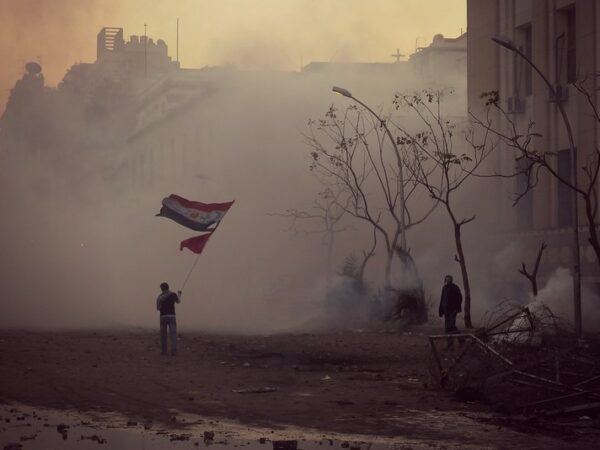
The language of the imago dei has the capacity, in my view, to subvert the legal and ethical justifications for war, and focus dialogue and conversations on the ways in which killing, tragically, allows us to glimpse the diminishment of our own humanity in the death of another.
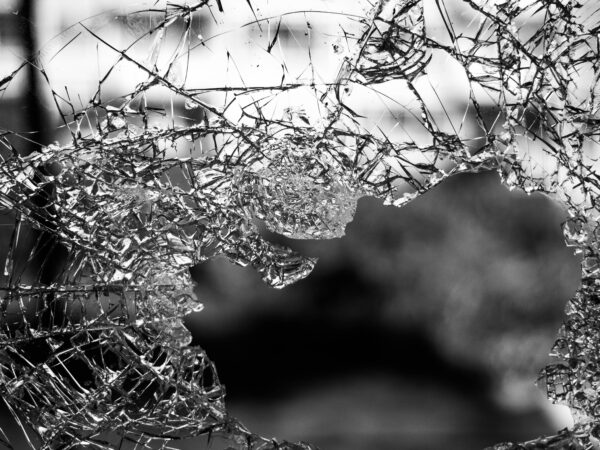
During this season of Lent the pandemic gives us quite a taste of the Exodus journey of our mothers and fathers in the faith. Even though there are signs of hope (the vaccine being one of them), we are like those walking around in the wilderness without having much hope or orientation.
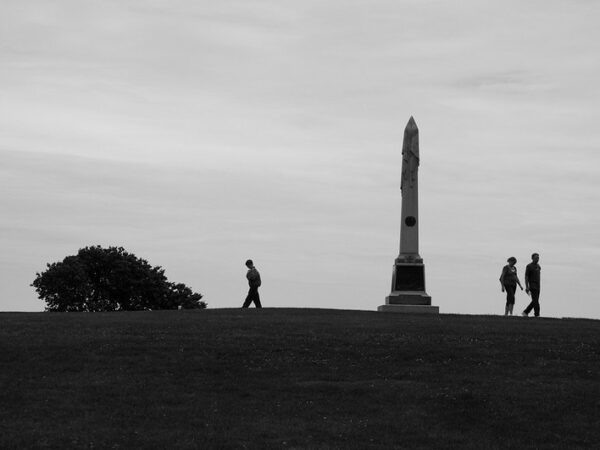
A transformative justice approach with restorative mechanisms works to break this logic of de-humanization and build more humanizing social processes. Accountability, as distinct from punishment, is about better understanding the harm, growing in empathy, acknowledging responsibility, and moving in the direction of changing harmful behavior.
